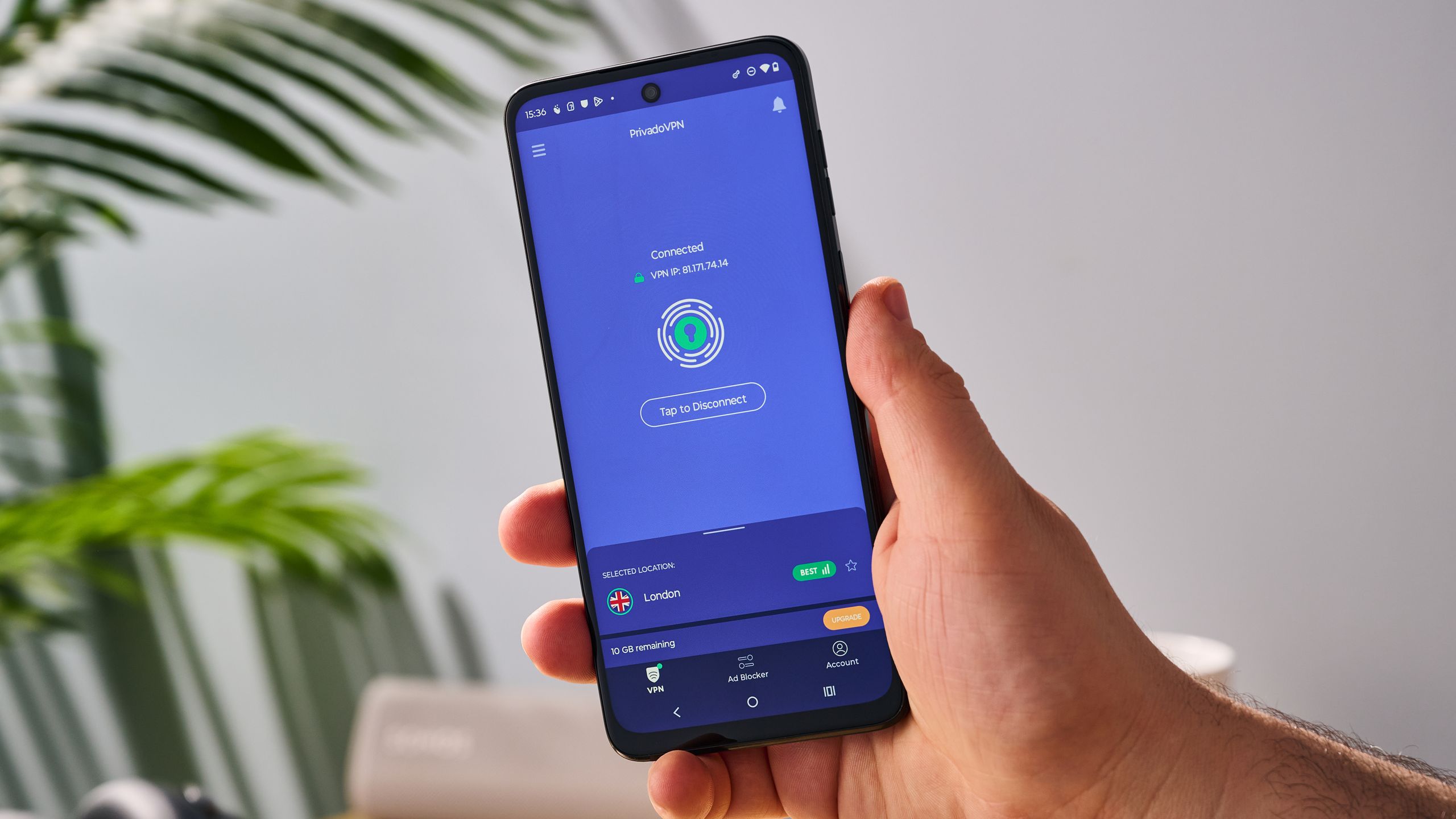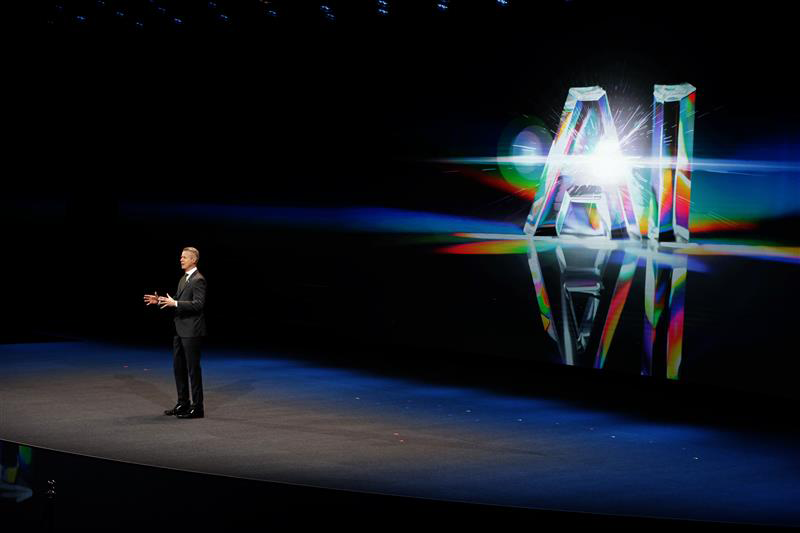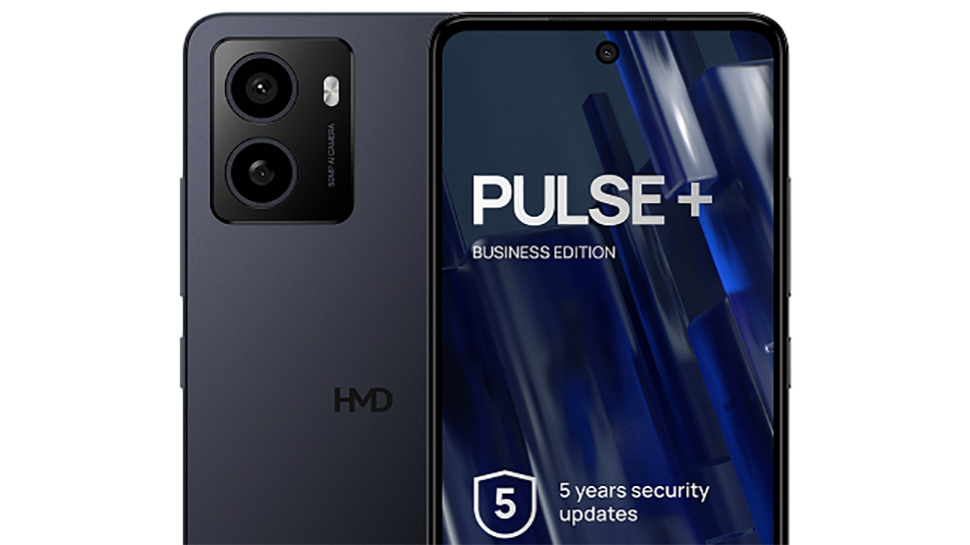Did you see an AI-produced version of yourself in a YouTube video recently? Don't worry: you can now ask the platform to remove it.
That’s because YouTube has quietly rolled out a new policy addressing concerns about AI-generated impersonations, allowing affected individuals to request removal through YouTube’s privacy request process. This is the latest in an ongoing effort by YouTube and other social media platforms to deal with synthetic media and AI content shared by other people’s users.
The rise of AI-generated content has posed significant challenges for platforms like YouTube. Synthetic media, including deepfakes, can create highly realistic but misleading depictions of people, raising privacy concerns and potential misuse. In March, YouTube introduced a tool in Creator Studio for creators to reveal when their content is made with synthetic media. The platform is also testing a collaborative annotation feature that will indicate whether a video with AI content is misleading or simply a parody.
“If someone has used artificial intelligence to alter or create synthetic content that looks or sounds like you, you can request that it be removed,” the new policy reads. “In order to be removed, the content must show a realistic altered or synthetic version of your image.”
The updated policy allows people to file complaints about AI-generated content they believe violates their privacy. Previously, YouTube simply labeled such content as AI-generated or potentially misleading.
Privacy issues
Now, the person represented through AI tools or their lawyer can file a privacy complaint and get it removed, at least in most cases. Content creators have two days to remove the image or entire video after the complaint is received. If they do nothing, YouTube will review and decide whether the complaint has merit.
However, there is no guarantee that the video will be removed. The decision depends on factors such as whether the video acknowledges the AI's origins, whether it uniquely identifies a person, whether it is made as a parody or for satirical reasons, or whether it involves a public figure carrying out criminal activity or endorsing someone or something.
It is important to note that privacy complaints are separate from penalties for breaches of the Community Standards. Privacy complaints do not automatically result in a penalty against the user, although repeated privacy violations may result in the user being banned.









